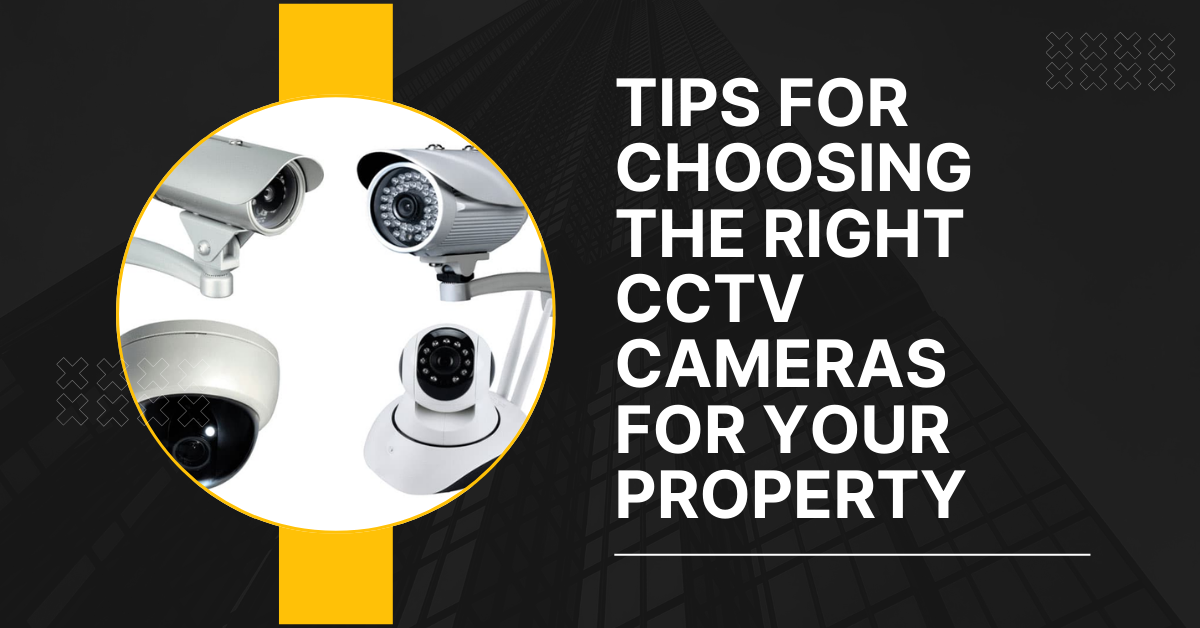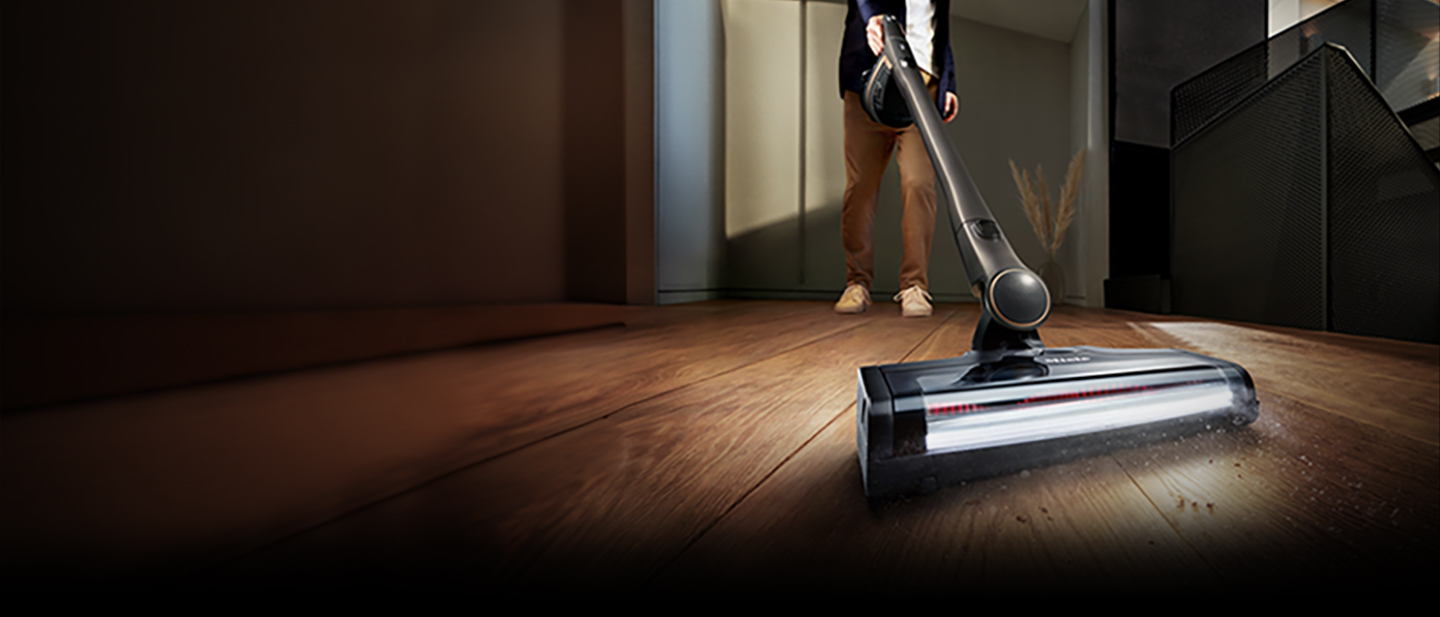In today’s world, ensuring the safety and security of your property is more important than ever. One effective way to enhance your security is by installing CCTV cameras. However, with so many options available, choosing the right CCTV cameras for your property can be a daunting task. This blog will guide you through the key factors to consider, helping you make an informed decision.
Understanding Your Security Needs
Before you start shopping for CCTV cameras, it’s crucial to understand your specific security needs. Every property is unique, and the security requirements can vary greatly based on location, size, and type of property. Start by evaluating the areas that require monitoring. Do you want to keep an eye on the front door, back yard, or garage? Consider the crime rate in your area; if you live in a high-crime neighborhood, you may want to invest in more advanced cameras.
Next, think about the time of day you’ll need surveillance. If you want to monitor your property at night, you’ll need cameras equipped with night vision capabilities. Also, consider whether you need indoor cameras, outdoor cameras, or both. Outdoor cameras are typically more durable and weather-resistant, while indoor cameras are designed for monitoring interior spaces.
Lastly, make a list of the features you desire in your CCTV system. Do you want motion detection alerts? High-definition video quality? Remote access through your smartphone? Defining your needs will make it easier to narrow down your options later.
Note – Enhance the security of your property today with top-quality CCTV cameras Dubai from Grandkolors. Whether for residential or commercial use, Grandkolors offers a wide range of reliable surveillance solutions tailored to meet specific security needs. Don’t wait for an incident to occur—invest in peace of mind with advanced CCTV technology. Contact Grandkolors now to explore the best options available for protecting your property effectively.
Types of CCTV Cameras
Once you understand your security needs, it’s essential to familiarize yourself with the different types of CCTV cameras available. There are several types, each serving different purposes. Here’s a breakdown of the most common types of CCTV cameras:
1. Dome Cameras
Dome cameras are popular for both indoor and outdoor use. They have a dome-shaped cover that makes it difficult to tell which direction the camera is pointing. This feature can deter potential intruders, as they may not know if they are being watched. Dome cameras are also usually vandal-proof, making them ideal for areas that may be subject to tampering.

2. Bullet Cameras
Bullet cameras are long and cylindrical, making them easy to spot. They are often used for outdoor surveillance due to their ability to focus on a specific area. Bullet cameras typically have a higher range of view, allowing you to monitor larger spaces. They can also come equipped with infrared technology for night vision.
3. PTZ Cameras
Pan-Tilt-Zoom (PTZ) cameras offer the flexibility of remote control. You can pan, tilt, and zoom in on specific areas using a remote or smartphone app. These cameras are perfect for monitoring large areas, as they can cover multiple zones with one camera. They are often used in commercial settings but can be beneficial for residential properties as well.
4. IP Cameras
Internet Protocol (IP) cameras connect to your network, allowing you to view live footage from anywhere via the internet. These cameras often provide higher resolution video and advanced features such as motion detection alerts and cloud storage options. IP cameras are an excellent choice for tech-savvy homeowners who want to monitor their property remotely.
Understanding these different types of cameras will help you select the right one for your needs.
Resolution Matters
When it comes to CCTV cameras, the resolution is a critical factor. Resolution refers to the clarity of the image captured by the camera. Higher resolution cameras produce clearer images, making it easier to identify faces and details. CCTV cameras typically come in standard resolutions such as 720p (HD), 1080p (Full HD), and 4K (Ultra HD).
For residential properties, 1080p resolution is generally sufficient, providing a good balance of quality and storage. However, if you have larger outdoor areas that need monitoring, consider investing in 4K cameras. They offer superior detail and clarity, making it easier to distinguish between objects and identify individuals in the footage.
It’s also important to consider the frame rate. The frame rate, measured in frames per second (FPS), determines how smooth the video appears. A higher frame rate results in smoother motion, which can be particularly beneficial when monitoring areas with a lot of movement. Look for cameras with a frame rate of at least 30 FPS for optimal video quality.
Night Vision Capability
Most security incidents occur at night, making night vision capability a vital feature for your CCTV cameras. Night vision allows the camera to capture clear images in low-light conditions. There are two main types of night vision technology: infrared (IR) and color low-light technology.
Infrared night vision cameras use infrared LEDs to illuminate the area, allowing the camera to capture clear images in complete darkness. These cameras typically display black-and-white footage at night. On the other hand, color low-light technology captures color images in low-light conditions, providing a more detailed view of the scene.
When selecting CCTV cameras, make sure to check the range of the night vision feature. This range indicates how far the camera can see in the dark. A good night vision range should be at least 30 feet, allowing you to monitor larger outdoor spaces effectively.
Storage Options
Another essential factor to consider when choosing CCTV cameras is storage. CCTV systems can generate a significant amount of footage, so it’s important to have a reliable storage solution. There are several options available, including local storage and cloud storage.
Local Storage
Local storage typically involves using a digital video recorder (DVR) or network video recorder (NVR) to store footage on hard drives. This option provides direct control over your data, but it also means you’re responsible for maintaining the equipment and ensuring the storage doesn’t run out.
Cloud Storage
Cloud storage allows you to save your footage online, providing easier access and backup options. Many CCTV camera manufacturers offer subscription plans for cloud storage, which can vary in price based on the amount of storage and the features included. While cloud storage may have ongoing costs, it provides peace of mind knowing your footage is safely stored off-site.
When selecting your CCTV system, think about how much storage you’ll need. Consider how often you want to review the footage and how long you want to keep it. This will help you decide between local and cloud storage options.
Connectivity and Remote Access
In today’s fast-paced world, having remote access to your CCTV cameras is a crucial feature. Most modern CCTV systems allow you to view live footage through a smartphone app or web portal. This capability enables you to monitor your property from anywhere at any time, providing real-time updates on your security.
When choosing CCTV cameras, check the connectivity options. Many systems connect via Wi-Fi, allowing for easy installation and access. However, some systems may require a wired connection for more reliable performance. If you have areas of your property with poor Wi-Fi signal, consider investing in a wired system or using Wi-Fi extenders to ensure seamless connectivity.
Additionally, look for systems that offer user-friendly apps. A good app will allow you to view multiple cameras, receive alerts, and even store footage easily. User reviews can provide valuable insights into the app’s functionality and ease of use.
Installation and Maintenance
Lastly, consider the installation and maintenance requirements of your CCTV system. While some cameras are easy to install and come with clear instructions, others may require professional installation. If you’re not comfortable with DIY projects, it might be worth investing in professional installation to ensure your cameras are set up correctly.
After installation, regular maintenance is necessary to keep your CCTV cameras functioning effectively. Clean the camera lenses periodically to prevent dirt and debris from obstructing the view. Regularly check for firmware updates, as manufacturers often release updates to improve functionality and security.
Additionally, test your cameras regularly to ensure they are working correctly. Check the video quality, night vision capability, and motion detection features. Keeping your CCTV system well-maintained will ensure that it provides reliable security for your property.
Conclusion
Choosing the right CCTV cameras for your property is a crucial step in enhancing your security. By understanding your specific needs, familiarizing yourself with the types of cameras available, considering resolution, night vision capabilities, storage options, connectivity, and installation requirements, you can make an informed decision.
Investing in a quality CCTV system not only provides peace of mind but also protects your property from potential threats. Take the time to research and select a system that meets your needs, and you’ll be well on your way to creating a safer environment for you and your loved ones.
For more insightful articles related to this topic, feel free to visit technonetwork.co.in




One thought on “Tips for Choosing the Right CCTV Cameras for Your Property”